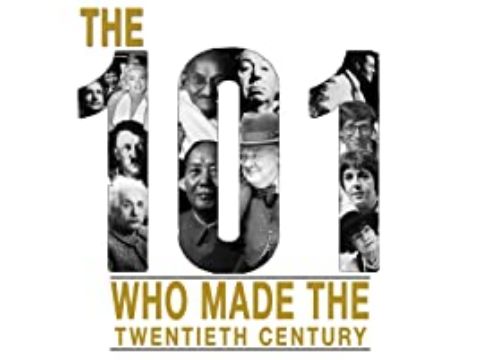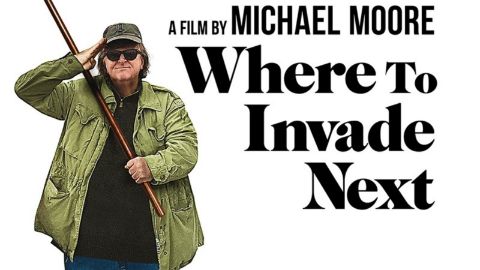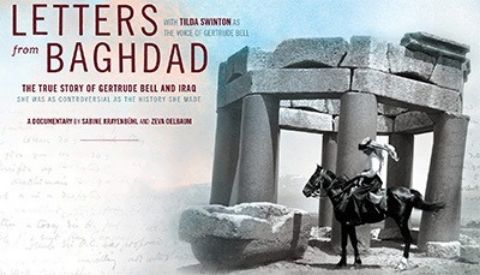Where to Invade Next • 2015
To learn what the USA can learn from other nations, Michael Moore playfully "invades" them to see what they have to offer. In the film Moore visits a number of countries and examines aspects of their social policies that he suggests the United States could adopt. He visits Italy, France, Finland, Slovenia, Germany, Portugal, Norway, Tunisia, and Iceland; respectively, the subjects covered are worker benefits, school lunches, early education, college education, worker inclusion, decriminalized drugs, low recidivism, women's health care, and women's inclusion and leadership role in society.
Make a donation
Buy a brother a hot coffee? Or a cold beer?
Hope you're finding these documentaries fascinating and eye-opening. It's just me, working hard behind the scenes to bring you this enriching content.
Running and maintaining a website like this takes time and resources. That's why I'm reaching out to you. If you appreciate what I do and would like to support my efforts, would you consider "buying me a coffee"?
Donation addresses
BTC: bc1q8ldskxh4x9qnddhcrgcun8rtvddeldm2a07r2v
ETH: 0x5CCAAA1afc5c5D814129d99277dDb5A979672116
With your donation through , you can show your appreciation and help me keep this project going. Every contribution, no matter how small, makes a significant impact. It goes directly towards covering server costs.





